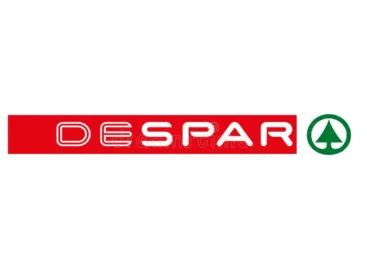PLMA Live: record-breaking private labels
In 2024 the market share of private labels reached a new high in Europe: 38.1%, representing a sales turnover of EUR 352bn in 17 countries across the continent, according to a recent episode of the PLMA Live video series.
This article is available for reading in Trade magazin 2025/10.
In the programme Stefan Van Rompaey, editor-in-chief of RetailDetail had a conversation with international private label consultant Edgar Elzerman about the future of private labels.
Unpredictability is the new normal
Uncertainty is the only certainty, told says Stefan Van Rompaey, who believes no year since the pandemic has been “normal” for retail trade. With geopolitical tensions, a high interest rate environment, the aftermath of inflation and EU regulations, industry players expect 2025 to be another difficult year. One of the most interesting parts of the discussion was the different strategies of the two big discounter chains, Aldi and Lidl. While Aldi is returning to the “classic” discounter model – rationalising its assortment, centralising purchasing and reducing the number of products – Lidl is expanding its offering: the number of SKUs has increased from 1,800 to 2,400, and new categories have been added, such as home decoration and other private label non-food products.
Demographics as a challenge for store formats
Using the example of the Belgian supermarket chain Colruyt, Van Rompaey pointed out that increasingly urbanised societies and growing single-person households require new formats. Traditionally positioned as the “lowest price” supermarket chain, Colruyt’s main offering is based on multi-item family packs, but this doesn’t meet the needs of smaller households. Recognising this, Colruyt has started to develop a new urban store format called OKCity, specifically tailored to the densely populated city centre environment and the needs of smaller households living there.
Retailer and supplier strategies
Behind the rise of private labels we can find not only economic but also strategic choices. Carrefour wishes to achieve a 50% private label share by 2028, while the Hofer-Aldi Süd group has set a global target of 45%. Meanwhile new brands are also emerging – particularly in discount supermarket chains – which could further blur the line between private labels and manufacturer brands. Two basic strategic directions are manifesting for suppliers on the private label market. One is a price and volume driven model, where cost efficiency, economies of scale and international expansion are key. The other direction is based on high-quality, innovative and often premium private label innovations.
Europe is the leader, but the world is watching
According to PLMA Live, the conquest of private labels isn’t just a European phenomenon: the US, India and Asia are still at an early stage, so international expansion opens up new opportunities for market players with European experience. Global chains such as Lidl or Carrefour are also trying to break into these regions with private label products. According to 2024 data, Hungary had a private label market share of 27.9%, below the Western European average but above that of several countries in Central and Eastern Europe.
Related news
Albert Heijn’s personal care brand revamped
🎧 Hallgasd a cikket: Lejátszás Szünet Folytatás Leállítás Nyelv: Auto…
Read more >dm-drogerie markt rolls out sustainable laundry detergent
🎧 Hallgasd a cikket: Lejátszás Szünet Folytatás Leállítás Nyelv: Auto…
Read more >Related news
KSH: in the fourth quarter of last year, investment performance was 1.3 percent lower than a year earlier
🎧 Hallgasd a cikket: Lejátszás Szünet Folytatás Leállítás Nyelv: Auto…
Read more >








